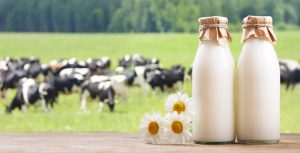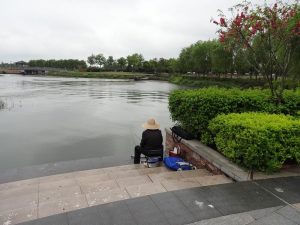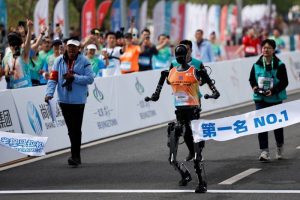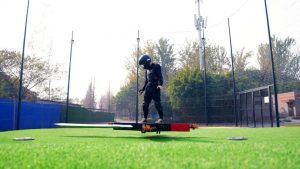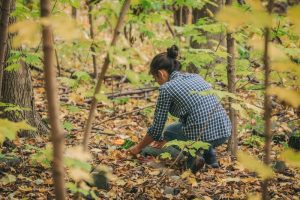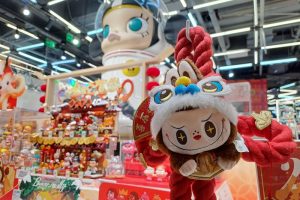Level 1
Free Milk for Primary Schools Students Offered in Taipei SAMPLE
Free Milk for Primary Schools Students Offered in Taipei
SAMPLE
台北小学生有免费的牛奶
台北小学生有免费的牛奶
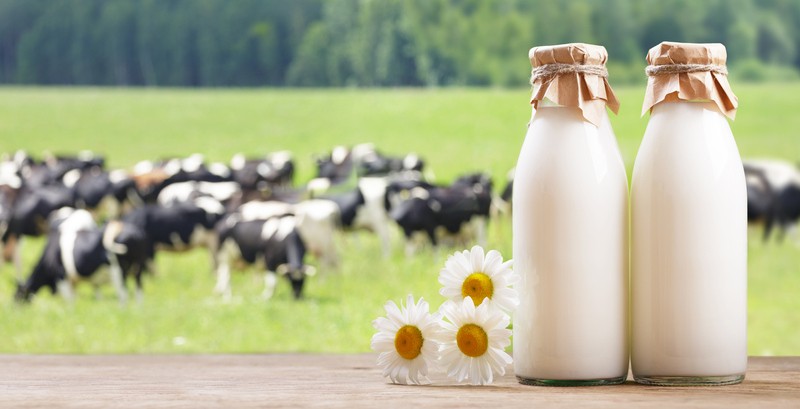
AA
AA
AA
AA
Simplified
Traditional



Pinyin



Pinyin
Keywords
小学生 - xiǎoxuéshēng - primary school student / schoolchild
免费 - miǎnfèi - free (of charge)
牛奶 - niúnǎi - cow's milk
开始 - kāishǐ - to start / to begin / beginning / initial
喝 - hē - to drink
星期 - xīngqī - week
商店 - shāngdiàn - store / shop
超市 - chāoshì - supermarket
拿 - ná - to hold / to seize / to catch / to get
杯 - bēi - cup / measure word for certain containers of liquids: glass, cup
幼儿园 - yòu'éryuán - kindergarten / nursery school
小朋友 - xiǎopéngyǒu - child
学生 - xuésheng - student / schoolchild
爸爸 - bàba - father / dad
妈妈 - māma - mama / mommy / mother
高兴 - gāoxìng - happy / glad / willing (to do sth) / in a cheerful mood
这样 - zhèyàng - this kind of / so / this way / like this / such
Grammar
Subject + 有 + Object - Expressing that the subject "has" an object with "Subject + yǒu + Object"
台北小学生有免费的牛奶
Adj. + 的 (+ Noun) - Expressed to link an adjective describing a distinguishing feature to a noun with "Adj. + de (+ Noun)" (noun can be omitted when obvious or has already been mentioned)
台北小学生有免费的牛奶
从 + Time Phrase + 开始 - Expressing "to start from (a certain time)" with "cóng + Time Phrase + kāishǐ"
从4月7日开始,台北的18.4万个小学生能喝到不要钱的牛奶了。
Proper Noun / Noun / Pronoun + 的 + Noun - Expressing a possessive particle, relationship or link with "Proper Noun / Noun / Pronoun + de + Noun"
从4月7日开始,台北的18.4万个小学生能喝到不要钱的牛奶了。
到4月14日的时候,幼儿园的小朋友们每个星期也能喝到不要钱的牛奶。
学生们和他们的爸爸妈妈都很高兴。
Number + 万 - Expressing sets of ten thousand with "Number + wàn"
从4月7日开始,台北的18.4万个小学生能喝到不要钱的牛奶了。
Measure Word - Expressing the number of sth with an object specific measure word in the form of "Number + Measure Word + Noun" (if the number is one, you can omit it and use the measure word by itself)
从4月7日开始,台北的18.4万个小学生能喝到不要钱的牛奶了。
小学生每个星期都能去一些商店或超市免费拿一杯牛奶。
Subject + 能 + Verb + Object - Expressing that the subject "can" do a particular action with "Subject + néng + Verb + Object" (means "to be able to" and expresses having a certain ability or having obtained a certain minimum requirement)
从4月7日开始,台北的18.4万个小学生能喝到不要钱的牛奶了。
小学生每个星期都能去一些商店或超市免费拿一杯牛奶。
到4月14日的时候,幼儿园的小朋友们每个星期也能喝到不要钱的牛奶。
Verb + 到 (+了) - Expressing that an action's outcome is achieved or completed with "Verb + dào(le)" (negative formed with 不到)
从4月7日开始,台北的18.4万个小学生能喝到不要钱的牛奶了。
到4月14日的时候,幼儿园的小朋友们每个星期也能喝到不要钱的牛奶。
Subject + 要 + Noun - Expressing "to want something" with "Subject + yào + Noun" (negative formed with 不要)
从4月7日开始,台北的18.4万个小学生能喝到不要钱的牛奶了。
到4月14日的时候,幼儿园的小朋友们每个星期也能喝到不要钱的牛奶。
Verb / Adverb / Phrase + 的 + Noun - Expressed to link a noun to a preceding verb or phrase with "Verb / Adverb / Phrase + de + Noun"
从4月7日开始,台北的18.4万个小学生能喝到不要钱的牛奶了。
到4月14日的时候,幼儿园的小朋友们每个星期也能喝到不要钱的牛奶。
New Situation + 了 - Expressing that there is a change of state or that the action has just happened "now" with "New Situation + le"
从4月7日开始,台北的18.4万个小学生能喝到不要钱的牛奶了。
每星期 / 每个星期 - Expressing "every week" with "měi xīngqī / měi gè xīngqī" (both portray the same meaning and are interchangeable)
小学生每个星期都能去一些商店或超市免费拿一杯牛奶。
到4月14日的时候,幼儿园的小朋友们每个星期也能喝到不要钱的牛奶。
Subject + 都 + Verb / Verb Phrase - Expressing "all / every" to emphasise the quantity with "Subject + dōu + Verb / Verb Phrase" (都 emphasises the quantity or frequent occurrence)
小学生每个星期都能去一些商店或超市免费拿一杯牛奶。
学生们和他们的爸爸妈妈都很高兴。
Subject + 去 + Place - Expressing "to go" to a place with "Subject + qù + Place"
小学生每个星期都能去一些商店或超市免费拿一杯牛奶。
一些 + Noun - Expressing "some / a few…" with "yìxiē + Noun" (yīxiē is pronounced yìxiē due to a tone change rule)
小学生每个星期都能去一些商店或超市免费拿一杯牛奶。
Possibility 1 + 或(者) + Possibility 2 - Expressing "or…" with "Possibility 1 + huò(zhě) + Possibility 2" (mostly used for declarative sentences)
小学生每个星期都能去一些商店或超市免费拿一杯牛奶。
到 + Place / Time / Quantity - Expressing "to (a certain place) / until (a certain time) / up to (a certain quantity)" with "dào + Place / Time" (negative formed with 不到)
到4月14日的时候,幼儿园的小朋友们每个星期也能喝到不要钱的牛奶。
...的时候 /...时 - Expressing "when…" with "...de shíhou / ...shí"
到4月14日的时候,幼儿园的小朋友们每个星期也能喝到不要钱的牛奶。
Noun + 们 - Expressing the plural form of a noun with "Noun + men"
到4月14日的时候,幼儿园的小朋友们每个星期也能喝到不要钱的牛奶。
学生们和他们的爸爸妈妈都很高兴。
Statement 1,也 + Statement 2 - Expressing "also" to link two statements with "Statement 1,也 + Statement 2"
到4月14日的时候,幼儿园的小朋友们每个星期也能喝到不要钱的牛奶。
Noun 1 + 和 + Noun 2 - Expressing "and / together with / with" with "Noun 1 + hé + Noun 2"
学生们和他们的爸爸妈妈都很高兴。
Subject + 都 + Adj. Phrase - Expressing a descriptive statement with emphasis that it applies to "all / both" of the subjects with "Subject + dōu + Adj. Phrase"
学生们和他们的爸爸妈妈都很高兴。
Noun / Pronoun + 很 + Adj. - Expressing "very" or to link a noun or pronoun and an adjective with "Noun / Pronoun + hěn + Adj." (sometimes the 很 is translated as "very" but often it is a link between a noun and an adjective)
学生们和他们的爸爸妈妈都很高兴。
太 + Adj. (+ 了) - Expressing "too" to indicate excess with "tài + Adj. (+ le)"
他们说:“这样做太好了。”
Proper Nouns
台北 - Táiběi - Taipei (capital of Taiwan)Idioms
Ready to complete the lesson's exercises?

Complete Assignment Reading
Free Milk for Primary Schools Students Offered in Taipei


Level 1
Live dictionary
 Stroke
Stroke Write
Write












